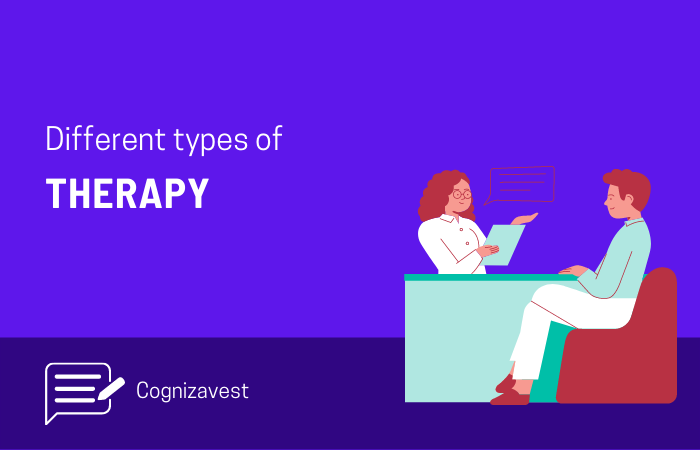Substance abuse is a complex and pervasive issue that affects not only the individual, but also their family and loved ones. A person struggling with addiction may be able to deal with the problem on their own, and family therapy can be an effective form of treatment to overcome the problem. Family therapy is a form of psychotherapy that involves the family as a whole and aims to improve communication, resolve conflict and promote positive change.
Substance abuse affects not only the individual, but also those close to them. Family members may experience different emotions, such as frustration, anger and fear, which can strain relationships and create further problems. Family therapy provides a supportive and safe environment for family members to express their feelings and concerns about addiction and develop a recovery plan together.
One of the main goals of family therapy in substance abuse treatment is to improve communication between family members. Often, people struggling with addiction can become withdrawn from their loved ones and may not be able to communicate effectively. Family therapy can facilitate communication and provide a forum for family members to express their concerns and feelings. This can help a person struggling with addiction feel more supported and understood, which can be crucial to their recovery.
Another goal of family therapy is to address conflicts that may have arisen as a result of the addiction. Substance abuse can lead to financial problems, legal problems, and other problems that can strain relationships. Family therapy can help family members deal with these conflicts and develop strategies to resolve them. By addressing these issues, family members can work together to support the person struggling with addiction and reduce the risk of relapse.
Family therapy can help family members understand the nature of addiction and recovery. Many people may not fully understand the complexity of addiction and may see it as a personal weakness or choice. Family therapy can help educate family members about the science of addiction and the factors that contribute to it. This can help reduce stigma and increase empathy and understanding for someone struggling with addiction.
In addition to resolving conflicts and improving communication, family therapy can contribute to positive changes in the family. Substance abuse can have a negative impact on family dynamics, and family therapy can help families work together to create a healthy and supportive environment for someone struggling with addiction. This can include developing healthy coping strategies, setting boundaries, and promoting open and honest communication.
Family therapy can also be effective in treating co-occurring mental health problems that may contribute to addiction. Substance abuse is often associated with mental health problems such as depression, anxiety or trauma. Family therapy can help identify and address these issues and provide the person struggling with addiction with the tools and support they need to manage their mental health and maintain recovery.
One of the advantages of family therapy in drug addiction treatment is that it can involve the whole family. This can help ensure that everyone works together to support the person struggling with addiction and reduce the risk of relapse. Family therapy can also be helpful for family members struggling with their own mental health or substance abuse issues. For the entire family, family therapy can promote healing and recovery for all involved.
In summary, drug addiction is a complex and widespread problem that affects not only the individual, but also their family and loved ones. Family therapy can be an effective treatment for substance abuse by improving communication, resolving conflict, and promoting positive change. Family therapy can provide a supportive and safe environment for family members to express their feelings and concerns about addiction and work together to develop a recovery plan. For the entire family, family therapy can promote healing and healing for all involved and reduce the risk of relapse




